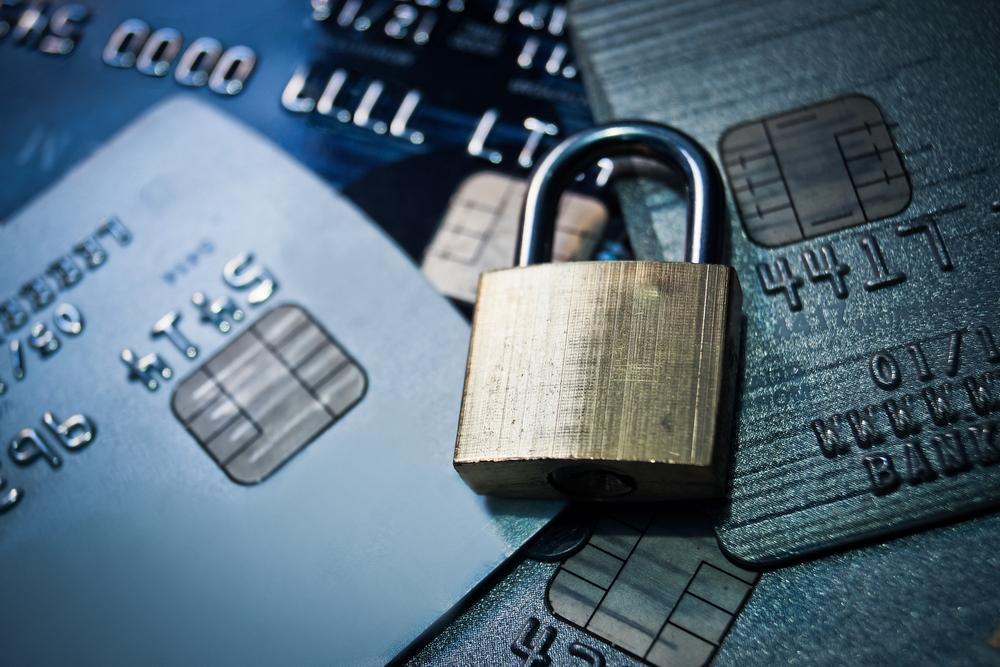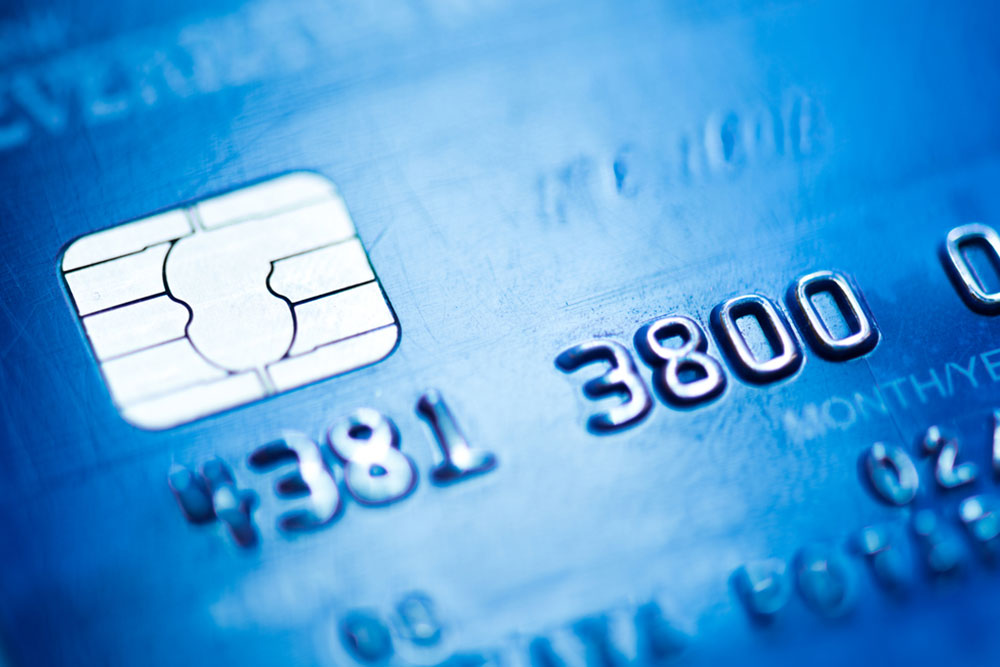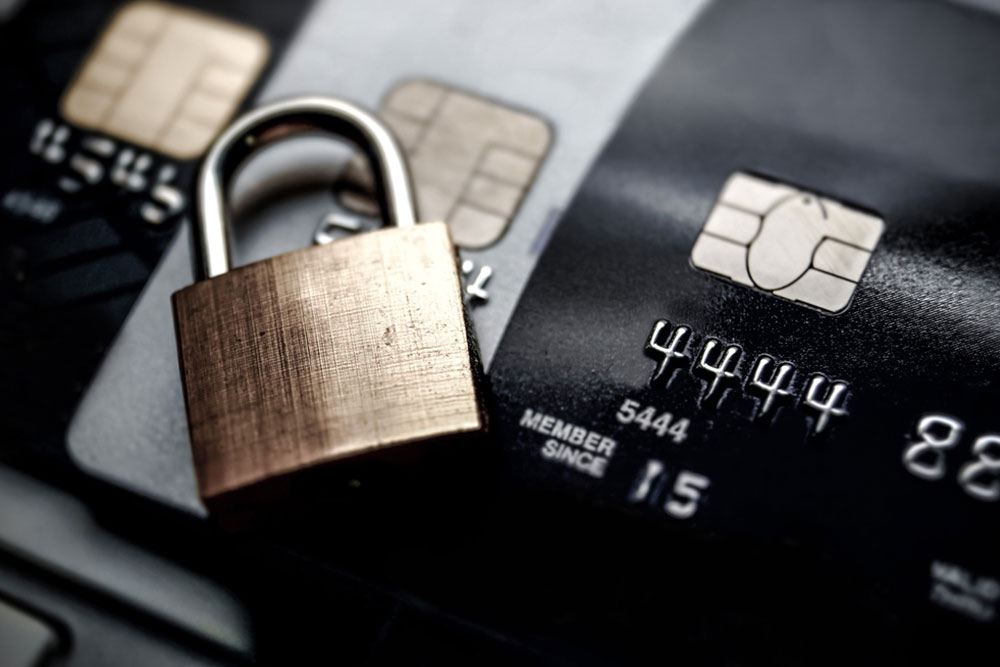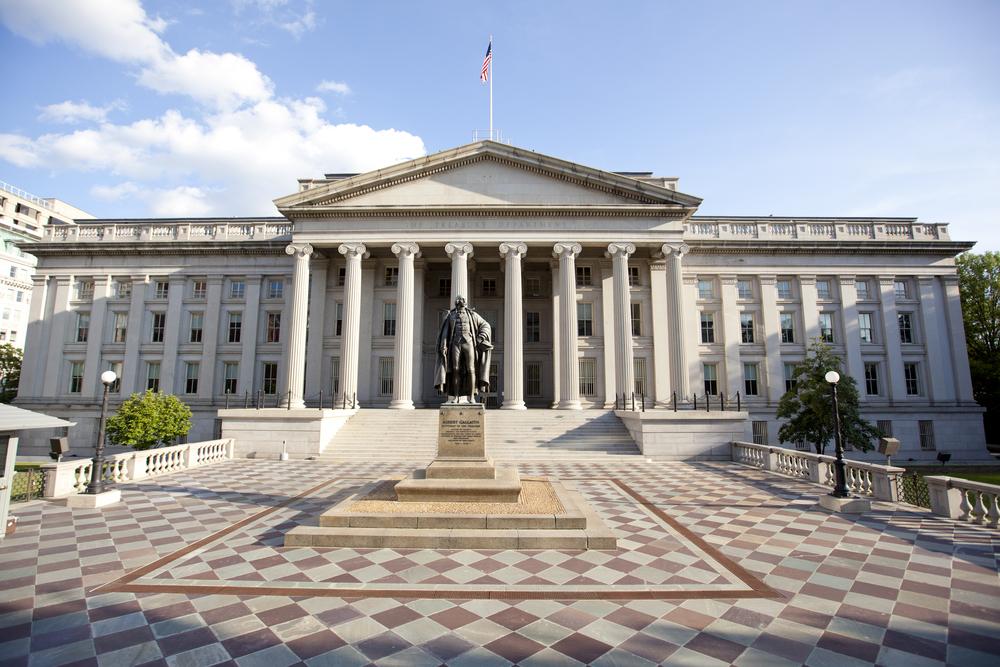Key Considerations Before Choosing a Secured Credit Card
Discover the essentials of choosing a secured credit card, including deposit requirements, how they work, and top options for building or rebuilding credit. Learn key tips for selecting the right card, understanding fees, interest rates, and issuer reputation to make informed financial decisions and improve credit scores responsibly.

Essential Tips Before Selecting a Secured Credit Card
Building a solid credit history is often quickest through credit cards, but obtaining a good one typically requires a strong credit score. So, how can those with bad credit start building credit with a card that’s hard to get? Secured credit cards are the answer. These cards require an initial cash deposit, usually equal to your credit limit. For example, depositing $500 gives you a $500 credit line, making it accessible for those with poor credit scores.
How Secured Credit Cards Operate
By requiring a cash deposit, lenders minimize risk, as they can claim the deposit if payments are missed. These cards are suitable for individuals with negative credit history. The deposit can also help improve your credit score over time. Regular on-time payments may qualify you for unsecured cards in the future.
Differences: Secured, Unsecured, and Prepaid Cards
The main contrast lies in credit score requirements and deposits. Unsecured cards don’t require deposits but demand good credit, while secured cards accept lower scores with a deposit. Prepaid cards involve preloading funds, which are used to pay expenses rather than extending credit.
When applying, consider these factors:
Not all secured cards are alike - Focus on cards reporting to all three major bureaus: Equifax, TransUnion, and Experian to build your credit.
Credit history background - Some issuers perform hard credit checks, even for secured cards, to assess past payment history.
Deposit details - The deposit isn’t used for paying bills but acts as collateral; it’s refundable upon account closure or upgrade.
Interest rates - Secured cards often have higher APRs. Timely payments help avoid increased interest and late fees.
Fee policies under the CARD Act - Confirm if fees are billed upfront or deducted from your deposit, with limits up to 25% of your credit line.
Top secured credit card options include:
Discover it® Secured - Offers rewards, no annual fee, with a $200 deposit minimum, and flexible limits up to $2500. Suitable for scores between 350-629, with a 10.99% intro APR on balance transfers.
Capital One® Secured Mastercard® - No annual fee, deposit as low as $49, and limits from $200. Designed for scores 350-629, with an APR of 26.99%.
OpenSky® Secured Visa® - No credit check, $200 deposit minimum, up to $3000 limit, and a $35 annual fee. Suitable for scores of 350-689.
DCU Visa® Platinum Secured - Low APR at 13.75%, requires $500 deposit, and suits a broad credit score range.
Green Dot Primor® Visa® Gold - Low interest rate of 9.99%, with a $49 annual fee and credit limits up to $5000. Higher interest rates apply for those with poorer credit.
Navy Federal nRewards® Secured - No annual fee, rewards points, requires deposit, and is available for military members with scores 350-689.
Armed Forces Bank Credit Builder Secured Visa® - $25 annual fee, adjustable credit limits through deposits, scores 350-689, and a 23.24% APR.
Whether rebuilding credit or applying for your first card, secured credit cards are a practical option. Always review issuer reputation and credit bureau reporting before selecting an option.










